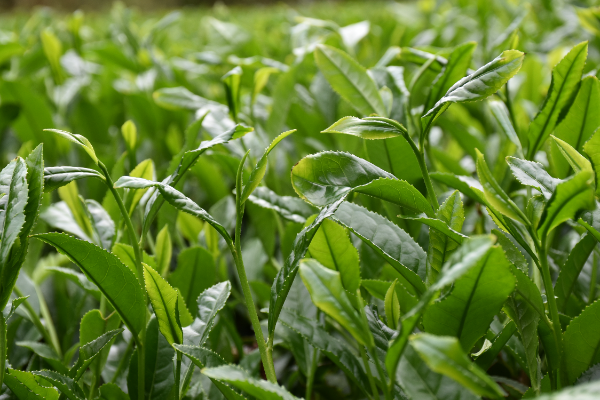Global tea associations respond to new definition of specialty tea

Image courtesy of Yumi Nakatsugawa
The Tea and Herbal Association of Canada, Tea and Herbal Infusions Europe and the Tea Association of the USA have issued a statement in response to the European Speciality Tea Association’s definition of specialty tea that was produced last week.
In the collective statement issued today, The Tea and Herbal Association of Canada, Tea and Herbal Infusions Europe and the Tea Association of the USA offered the following:
[“We] take great pride in our collective approach of inclusion, representing the tea industry from bush to cup. Our members include all parts of the supply chain operating in what is commonly referred to as the ‘traditional’ tea industry as well as the ‘specialty’ tea industry. The European Speciality Tea Association (ESTA), has recently announced their definition of ‘specialty tea.’
Although we agree fully with their statement acknowledging “…that it will be difficult if not impossible to achieve a definition which is universally agreed by all…”, we are concerned with the language used to then differentiate ‘specialty tea’ from other tea. The ESTA definition of ‘specialty tea’ includes knowledge of supplier, farm, location, production dates and processing methods. These supply chain facts are known and documented by every reputable company operating in the tea industry regardless of ‘specialty’ or ‘traditional’ label. In fact, they are critical to traceability requirements which are at the core of food safety laws in place around the world and must be demonstrated as part of regular audits for large retailers as well as certification programs.
The definition goes on to list five criteria by which quality is defined: dry leaf, aroma of dry leaf, colour and clarity of the liquor, flavour and mouthfeel of the liquor, appearance and aroma of wet leaf. Again, these are the same criteria used by every tea taster in the industry, regardless of ‘specialty’ or ‘traditional’ label. Although all the above may be a part of ‘specialty tea,’ suggesting they are not a part of ‘traditional’ tea is factually incorrect.
As national associations, we celebrate the vast range of teas available to consumers. We believe in accessibility for all and strongly support elevating the value of tea. We encourage all efforts to make the industry more sustainable, thereby benefiting the entire supply chain – from bush to cup.”
